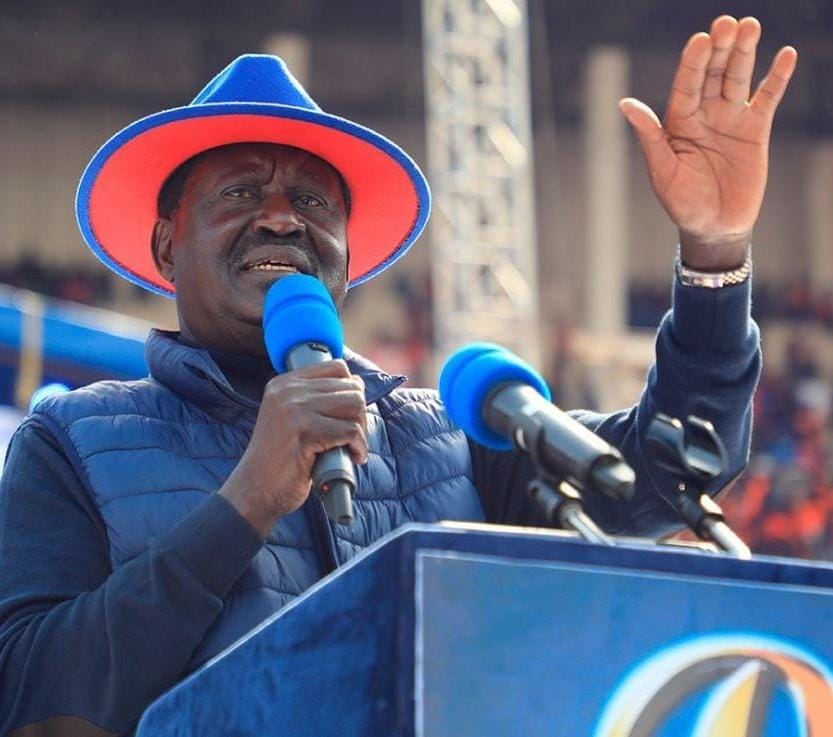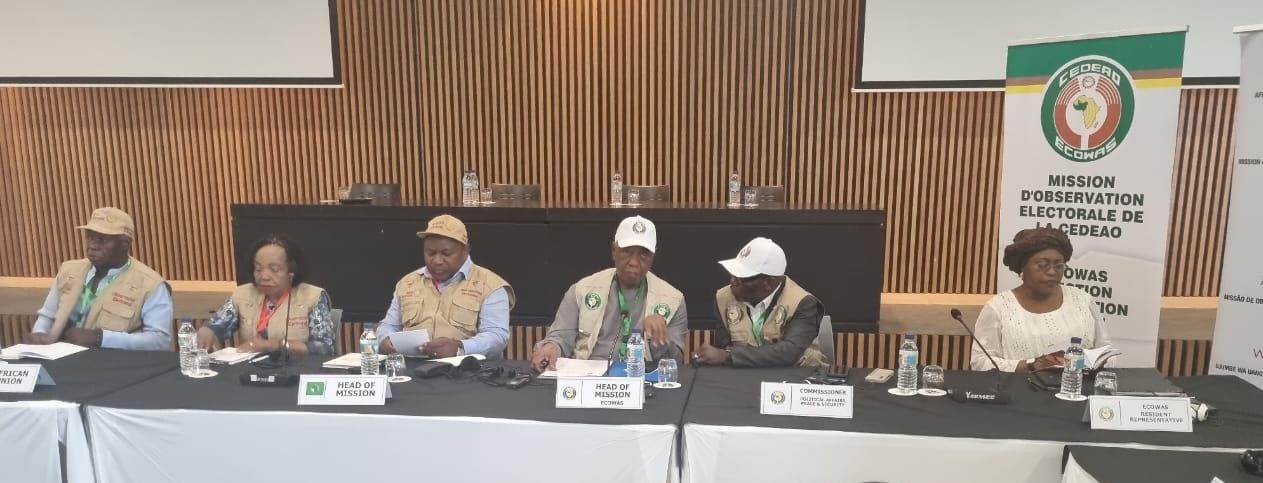The remains of former Kenyan Prime Minister Raila Odinga were laid to rest on Sunday, 19th October in Bondo, his country home in western Kenya, with tens of thousands of his compatriots and foreign leaders paying tribute to his exemplary life.
Mzee “Baba Odinga,” as he was affectionately called by his supporters, died on Wednesday 15th October in India during a medical trip, at the age of 80.
The Kenyan government declared seven days of national mourning in honour of the statesman, who impacted politics in the country even as a veteran opposition leader.
Odinga’s passing is a huge loss to Kenya and the entire African continent. It is the departure of a towering figure in politics and a great advocate for democracy and social justice.
A man of unwavering commitment, patriotism, vision, and remarkable resilience, Odinga dedicated more than five decades to tirelessly championing political reforms, civil liberties, and even development.
His exemplary qualities, such as empathy and understanding, influenced his political career and ability to unite Kenyans for national development.
Odinga’s abiding legacy flows from his dedication to justice, equity and democracy. After a high-impact life, he left an indelible mark on Kenya’s history and inspired generations of citizens, activists and leaders.
Former American President Barack Obama, whose family hails from Kenya, described him as a “true champion of democracy.”
In the early 1990s, Odinga played a pivotal role in Kenya’s transition from a single-party to a multi-party democracy, campaigning relentlessly for constitutional reforms and electoral integrity.
His death has left a void in Kenya and Africa’s political landscape. His absence will be deeply felt, especially in the promotion of peace and stability in Kenya’s volatile ecosystem.
Odinga was a great mediator with strategic leadership vision that extended beyond the Kenyan borders. He championed regional integration and economic cooperation of East African countries, and promoted African unity. Affectionately called “Baba” by his teeming supporters, Mzee Odinga, as an inspiration to many, served as Prime Minister from 2008 to 2013 and ran unsuccessfully for the Kenyan presidency five times.
Odinga contributed to Kenya’s constitutional development, notably the 2010 Constitution, which introduced power devolution, citizen rights and the strengthening of the judiciary, which impacted the governance systems.
On the continental level he served as the African Union’s High Representative for Infrastructure Development, leading initiatives to improve connectivity across Africa.
His efforts were instrumental in promoting trade and development across borders, fostering economic partnerships in East Africa, including in infrastructure development, energy production, and technological innovation.
As a pan-Africanist, Odinga promoted intergovernmental cooperation that fostered continental development and prosperity.
He stood out for his ability to connect with people from all walks of life, articulating their aspirations and concerns with empathy and conviction. He was a unifying figure who inspired generations of Kenyans to participate actively in politics through patriotism and campaign for an inclusive democratic process.
Odinga’s life is a testament to the transformative power of committed leadership, underscoring the importance of perseverance, integrity, and dedication to public service.
It is a reminder of the difference that principled action and unwavering commitment can make. The greatest tribute to his memory is to reflect on the values he embodied – perseverance, integrity, commitment to justice, democratic principles and an equitable society.

May the memory of Mzee Odiga’s remarkable achievements and dedication to public service inspire future generations and foster a spirit of hope, unity and progress in Kenya and Africa. May his family, friends, and the people of Kenya find solace and strength in the legacy of his exemplary life!
Dr Sonny Onyegbula is a US-based legal consultant.
![]()








